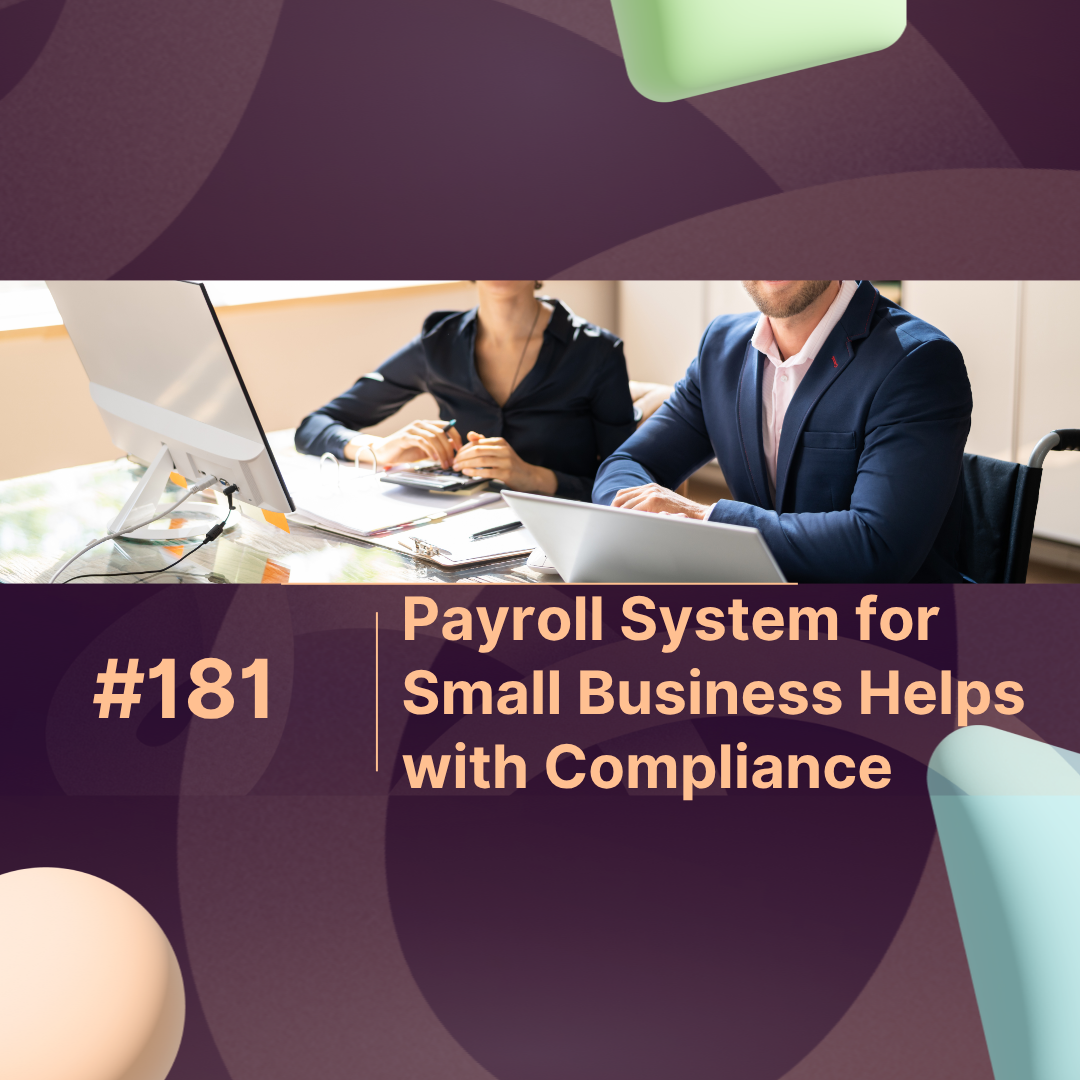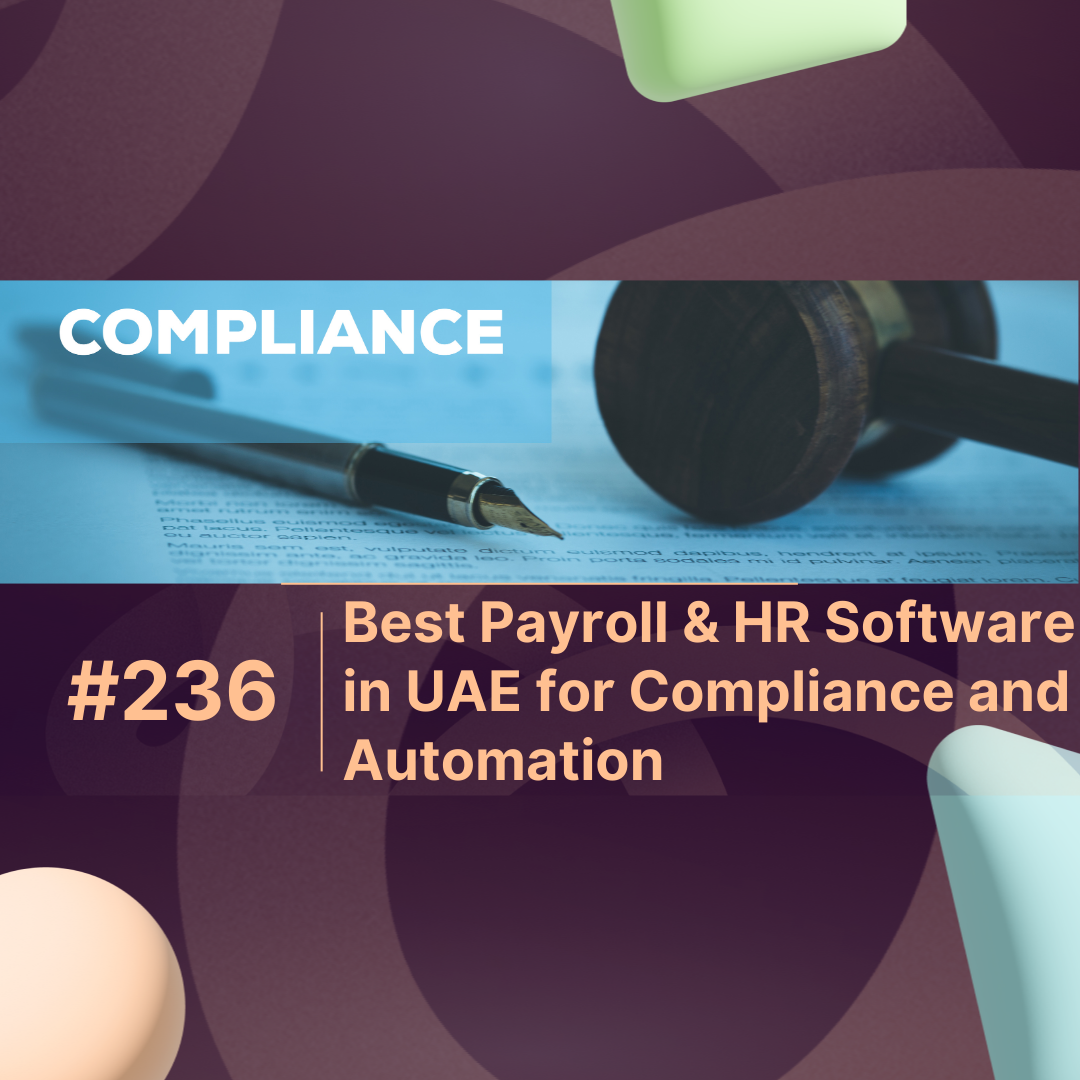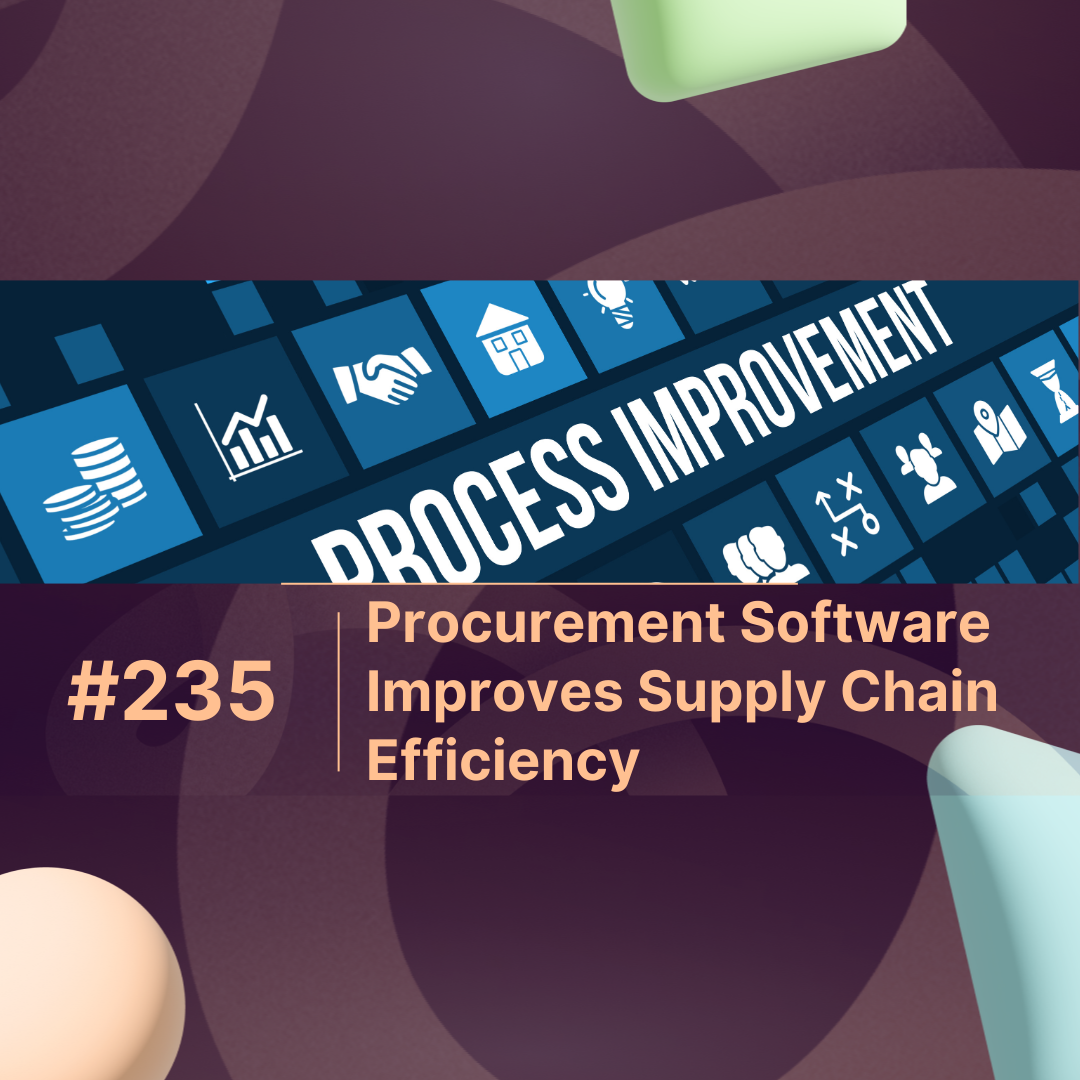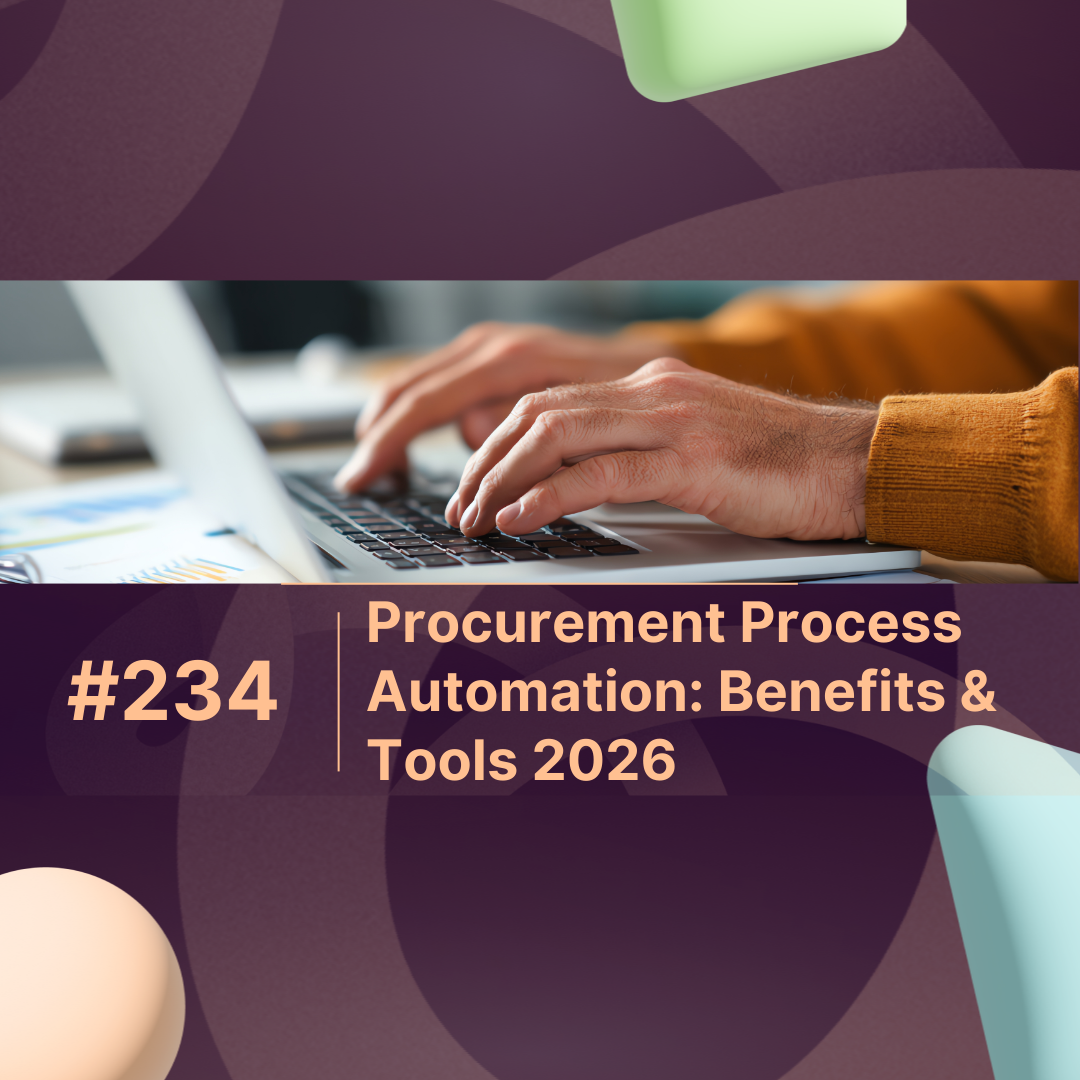Overview
Tax compliance is one of the most complex and time-consuming challenges for small business owners. Errors in payroll taxes can result in fines, audits, or even legal issues. A Payroll System for Small Business simplifies this process by automating calculations, tracking deadlines, and ensuring accuracy with every paycheck. This blog explains how payroll software supports compliance, reduces errors, and saves business owners valuable time.
Why Tax Compliance is a Top Challenge for Small Businesses
Tax regulations in the U.S. are constantly changing. According to the IRS, small businesses face over 150 different payroll tax deadlines each year. Missing one can lead to penalties that average $850 per mistake. For owners already managing operations, marketing, and employees, payroll compliance often becomes overwhelming.
This is where a Payroll System for Small Business makes a measurable difference it keeps businesses compliant by automating complex tasks.
How Payroll Systems Ensure Compliance
1. Automatic Tax Calculations
A payroll system calculates federal, state, and local taxes based on the latest tax rules. This eliminates manual errors and ensures accurate withholding.
Direct Answer :
A Payroll System for Small Business helps with tax compliance by automatically calculating payroll taxes, filing forms, and sending timely reminders for deadlinesminimizing the risk of IRS penalties.
2. Automated Filing & Reporting
Most payroll platforms generate and file W-2s, 1099s, and quarterly 941 forms automatically. Some even integrate directly with IRS e-file systems, making compliance seamless.
3. Deadline Alerts
Missed deadlines are the #1 cause of payroll tax penalties. Payroll systems provide alerts and reminders, ensuring you never miss a filing date.
4. Record-Keeping & Audit Readiness
A payroll system stores all pay records, tax filings, and adjustments securely in one place making audits less stressful.
5. Integration with HR Tools
Modern solutions like MaxHR integrate payroll with time-tracking, leave management, and employee benefits. This not only ensures compliance but also improves HR efficiency.
Numeric Impact of Payroll Systems
| Compliance Factor | Without Payroll System | With Payroll System |
|---|---|---|
| Average errors per year | 8–10 | 1–2 |
| IRS penalty cost (avg.) | $850 per error | < $100 per year |
| Time spent on payroll per month | 20+ hours | 2–4 hours |
| Filing accuracy rate | 70–80% | 98–100% |
Source: IRS penalty statistics & payroll software industry benchmarks
Key Benefits Beyond Compliance
-
Time Savings: Free up to 16 hours monthly to focus on growth instead of paperwork.
-
Employee Trust: Accurate, timely pay builds employee satisfaction and reduces turnover.
-
Cost-Effective: A Payroll System for Small Business costs less than hiring a dedicated accountant.
-
Scalability: As your team grows, the system adapts to new employees, benefits, and tax jurisdictions.
Choosing the Right Payroll System for Small Business
When selecting a payroll solution, look for:
-
Automatic updates for new tax laws.
-
Integration with accounting tools like QuickBooks.
-
Built-in compliance alerts for deadlines.
-
Affordable pricing for small teams.
-
Scalability for future growth.
Providers like Gusto, ADP Run, and MaxHR offer small businesses tailored compliance features.
Conclusion
Managing payroll and staying tax-compliant can be overwhelming without the right tools. A Payroll System for Small Business automates calculations, ensures timely filings, and provides reliable record-keeping. By reducing errors, saving time, and preventing costly penalties, payroll software gives business owners the peace of mind to focus on growth.
FAQs About Payroll Systems and Tax Compliance
1. How does a payroll system reduce tax penalties?
By automating calculations, filings, and reminders, payroll systems reduce the chance of late or incorrect submissions.
2. Is a payroll system cost-effective for very small businesses?
Yes. Most providers offer affordable plans starting at $30–$40 per month, which is much cheaper than penalties or hiring a tax consultant.
3. Can payroll systems handle multiple states’ tax laws?
Yes, leading providers automatically update for federal, state, and local tax rules—even across multiple states.
4. Do payroll systems integrate with accounting software?
Most integrate with popular tools like QuickBooks and Xero, syncing payroll data directly into financial records.
5. Is payroll software secure for sensitive employee data?
Yes. Payroll platforms use bank-level encryption and compliance certifications to ensure sensitive information is protected.



